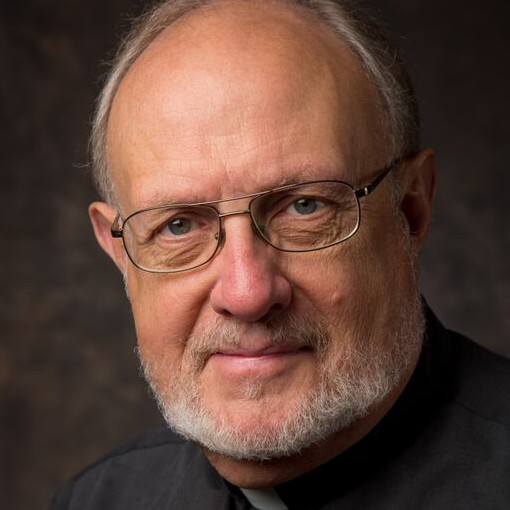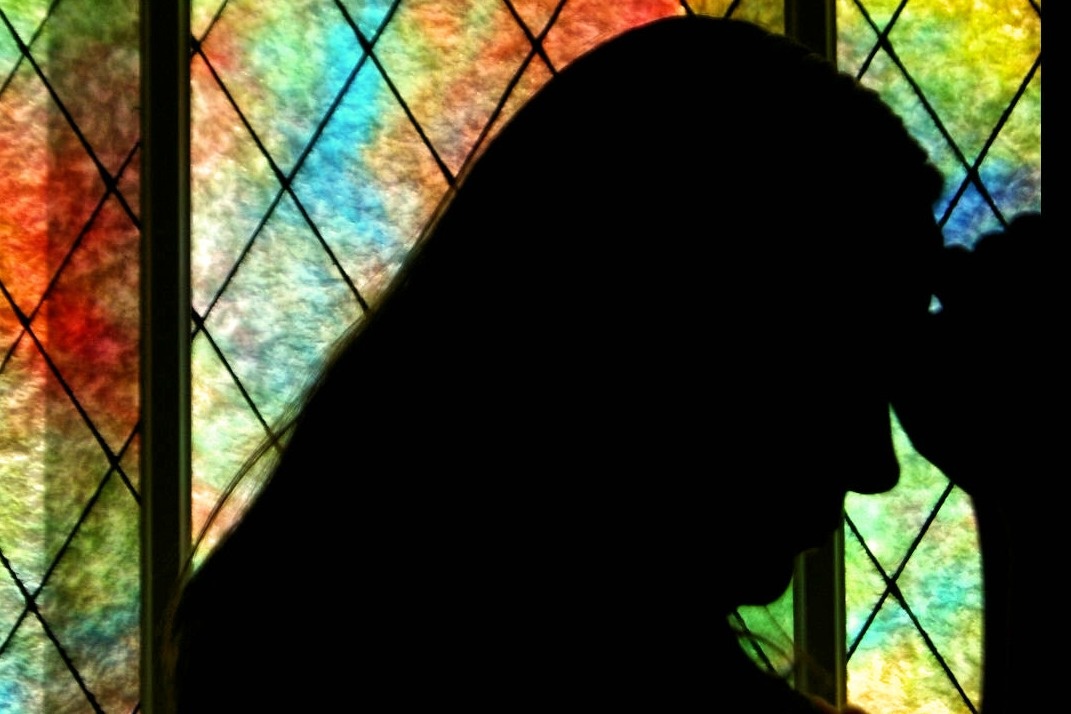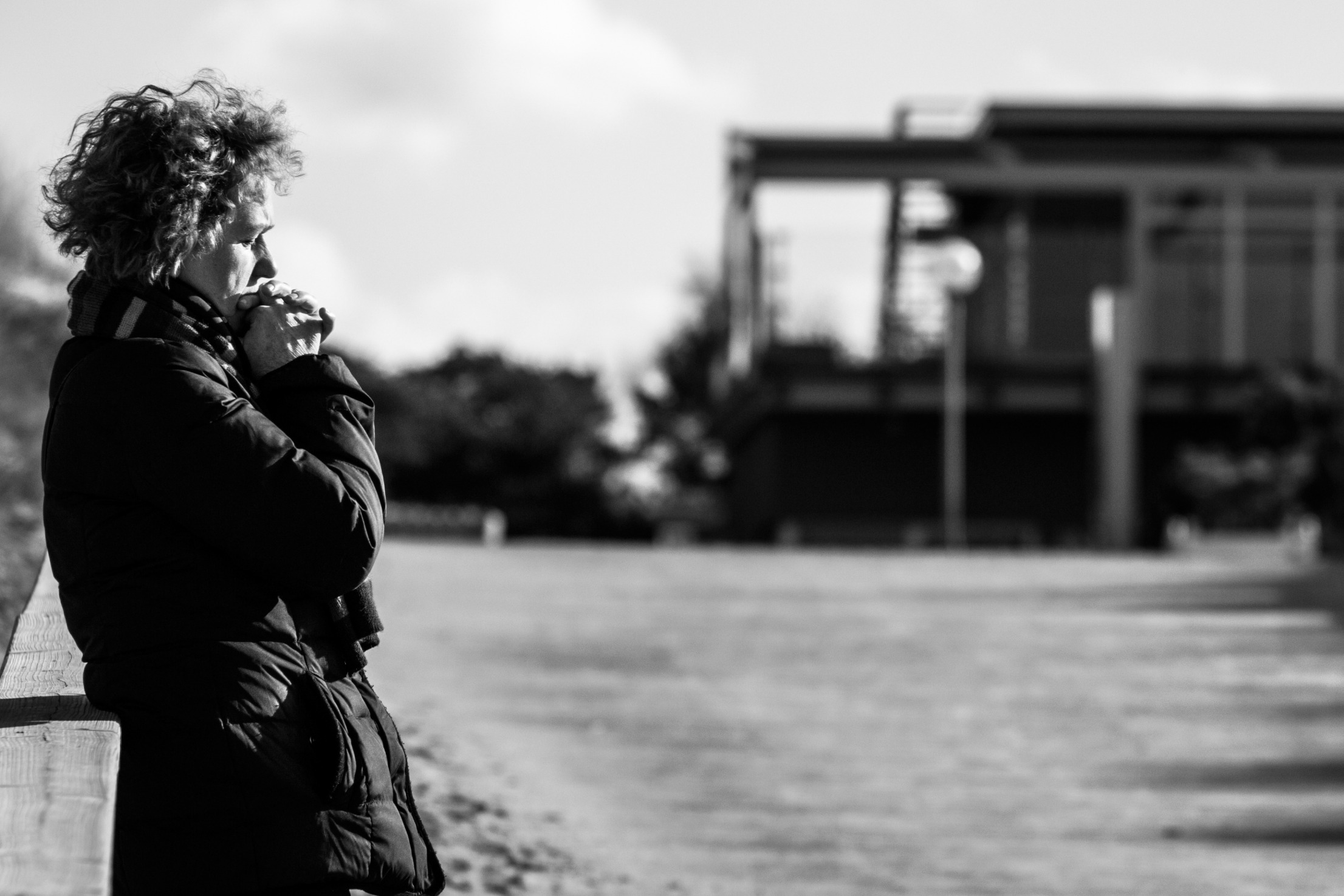The Baltimore Catechism (1891) says, “What is prayer? Prayer is the lifting up of our minds and hearts to God” (§1099). I believe that these words, taken by themselves, are the heart and soul of what prayer is, but since prayer can take many forms we might look at two of the ways that people pray.
All posts filed under: ARTICLES
Charles Kestermeier, SJ

Recent Posts
Prayer Heart to Heart
The Way of the Pilgrim
When I teach Chaucer’s Canterbury Tales in my literature survey course each semester, I need to take a certain extra amount of time to explain to my students just what these characters are doing by going on a pilgrimage: it is not something that younger people are often familiar with or find attractive, and yet I think that for Christians the idea of living the pilgrim life can be a very rich way ...
Living as a Child of God
While we are vaguely aware that each of us is a “child of God,” we might reflect on what it means for us to be specifically a “child of God. As Jesus said, “I tell you solemnly, unless you change and become as little children, you will never enter the kingdom of heaven” (Mt 18:3). He himself was very aware of being the Son of God, as we see in his “Our Father” and in all sorts of ways in John’s Go...
One way that people dedicate or devote themselves to another, a way by which they give themselves away, is in the Sacrament of Matrimony. Another way—the way which will provide the focus of this article—is in the vows which incorporate men and women into various sorts of religious orders, congregations, and other pious institutes. These vows and this incorporation are not a sacrament, but the pers...
I don’t think that I’m wrong to say that we wish both to pray and to feel ourselves to be in prayer but that we blame “distractions” for not allowing us to achieve one or both of these aims. I do believe, however, that we are rather mistaken, in various ways, about what these “distractions” are and what they could mean to us. It might just be that distractions are far from being completely negativ...






